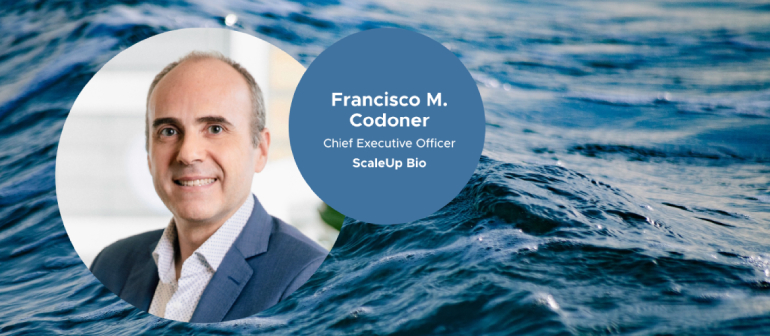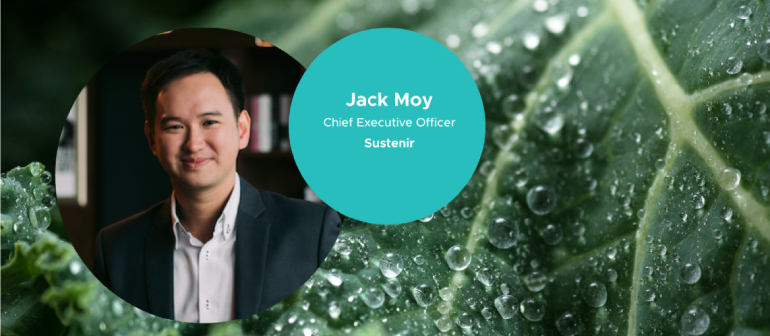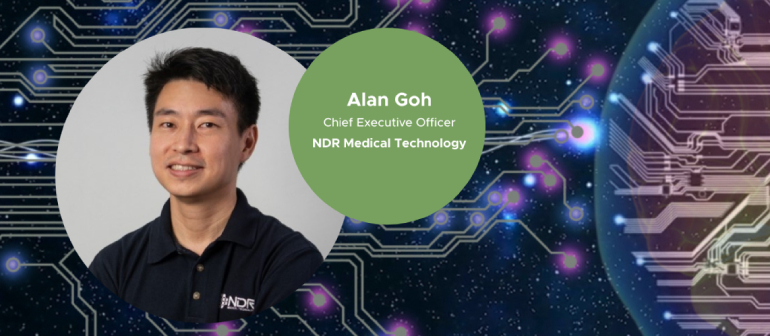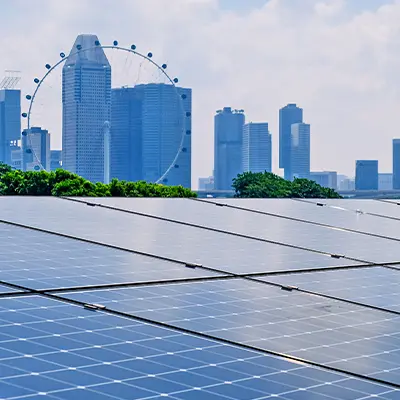Our software – that enables automatic lesion detection, needle path planning and needle targeting with unparalleled precision and accuracy – allows for early diagnosis and treatment in lung cancer.
NDR Medical's technology has the potential to reduce environmental footprint in the healthcare industry by:
1. Minimising the number of medical procedures: The accuracy and precision of NDR's technology allows for earlier and more accurate diagnosis and treatment, reducing the need for multiple procedures, and therefore reducing medical waste and environmental impact.
2. Reducing time and resource usage: The integration of AI and robotics can lead to more efficient usage of energy, reducing energy consumption during medical procedures. Procedures can be performed faster and this helps hospitals save on time and resources such as the usage of imaging and medical equipment.
3. Decreasing the need for transportation: With the integration of AI, this shortens the learning curve, young and inexperienced clinicians, with the help of the equipment would be able to perform more complex procedures. Patients may be able to receive treatment locally, reducing the need for transportation and travel across countries. This reduces the carbon emissions associated with transportation.











